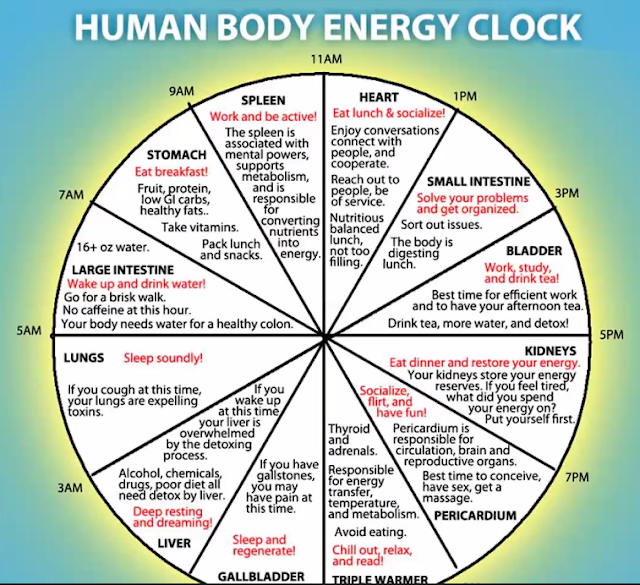Importance of Sleep
Why Do We Need Sleep?
Sleep is an essential function that allows your body and mind to recharge, leaving you refreshed and alert when you wake up. Healthy sleep also helps the body remain healthy and stave off diseases. Without enough sleep, the brain cannot function properly. This can impair your abilities to concentrate, think clearly, and process memories.
Most adults require between seven and nine hours of nightly sleep. Children and teenagers need substantially more sleep, particularly if they are younger than five years of age. Work schedules, day-to-day stressors, a disruptive bedroom environment, and medical conditions can all prevent us from receiving enough sleep. A healthy diet and positive lifestyle habits can help ensure an adequate amount of sleep each night – but for some, chronic lack of sleep may be the first sign of a sleep disorder.
The Science Behind Sleep
An internal “body clock” regulates your sleep cycle, controlling when you feel tired and ready for bed or refreshed and alert. This clock operates on a 24-hour cycle known as the circadian rhythm. After waking up from sleep, you’ll become increasingly tired throughout the day. These feelings will peak in the evening leading up to bedtime.
This sleep drive – also known as sleep-wake homeostasis – may be linked to adenosine, an organic compound produced in the brain. Adenosine levels increase throughout the day as you become more tired, and then the body breaks down this compound during sleep.
Light also influences the circadian rhythm. The brain contains a special region of nerve cells known as the hypothalamus, and a cluster of cells in the hypothalamus called the suprachiasmatic nucleus, which processes signals when the eyes are exposed to natural or artificial light. These signals help the brain determine whether it is day or night.
As natural light disappears in the evening, the body will release melatonin, a hormone that induces drowsiness. When the sun rises in the morning, the body will release the hormone known as cortisol that promotes energy and alertness.
Sleep is an essential function that allows your body and mind to recharge, leaving you refreshed and alert when you wake up. Healthy sleep also helps the body remain healthy and stave off diseases. Without enough sleep, the brain cannot function properly. This can impair your abilities to concentrate, think clearly, and process memories.
Most adults require between seven and nine hours of nightly sleep. Children and teenagers need substantially more sleep, particularly if they are younger than five years of age. Work schedules, day-to-day stressors, a disruptive bedroom environment, and medical conditions can all prevent us from receiving enough sleep. A healthy diet and positive lifestyle habits can help ensure an adequate amount of sleep each night – but for some, chronic lack of sleep may be the first sign of a sleep disorder.
Stages of Sleep
Once we fall asleep, our bodies follow a sleep cycle divided into four stages. The first three stages are known as non-rapid eye movement (NREM) sleep, and the final stage is known as rapid eye movement (REM) sleep.
- Stage 1 NREM: This first stage marks the transition between wakefulness and sleep, and consists of light sleep. Muscles relax and your heart rate, breathing, and eye movements begin to slow down, as do your brain waves, which are more active when you are awake. Stage 1 typically lasts several minutes.
- Stage 2 NREM: This second NREM sleep stage is characterized by deeper sleep as your heart rate and breathing rates continue slowing down and the muscles become more relaxed. Eye movements will cease and your body temperature will decrease. Apart from some brief moments of higher frequency electrical activity, brain waves also remain slow. Stage 2 is typically the longest of the four sleep stages.
- Stage 3 NREM: This stage plays an important role in making you feel refreshed and alert the next day. Heartbeat, breathing, and brain wave activity all reach their lowest levels, and the muscles are as relaxed as they will be. This stage will be longer at first and decrease in duration throughout the night.
- REM: The first REM stage will occur about 90 minutes after you fall asleep. As the name suggests, your eyes will move back and forth rather quickly under your eyelids. Breathing rate, heart rate, and blood pressure will begin to increase. Dreaming will typically occur during REM sleep, and your arms and legs will become paralyzed – it’s believed this is intended to prevent you from physically acting out on your dreams. The duration of each REM sleep cycle increases as the night progresses. Numerous studies have also linked REM sleep to memory consolidation, the process of converting recently learned experiences into long-term memories. The duration of the REM stage will decrease as you age, causing you to spend more time in the NREM stages.
These four stages will repeat cyclically throughout the night until you wake up. For most people, the duration of each cycle will last about 90-120 minutes. NREM sleep constitutes about 75% to 80% of each cycle. You may also wake up briefly during the night but not remember the next day.
The right amount of sleep largely depends on your age. The National Sleep Foundation recommends the following daily sleep allotment for different age groups.
| Age Group | Age Range | Recommended Amount of Sleep per Day |
|---|---|---|
| Newborn | 0-3 months | 14-17 hours |
| Infant | 4-11 months | 12-15 hours |
| Toddler | 1-2 years | 11-14 hours |
| Preschool | 3-5 years | 10-13 hours |
| School-age | 6-13 years | 9-11 hours |
| Teen | 14-17 years | 8-10 hours |
| Young Adult | 18-25 years | 7-9 hours |
| Adult | 26-64 years | 7-9 hours |
| Older Adult | 65 years or older | 7-8 hours |










Comments
Post a Comment